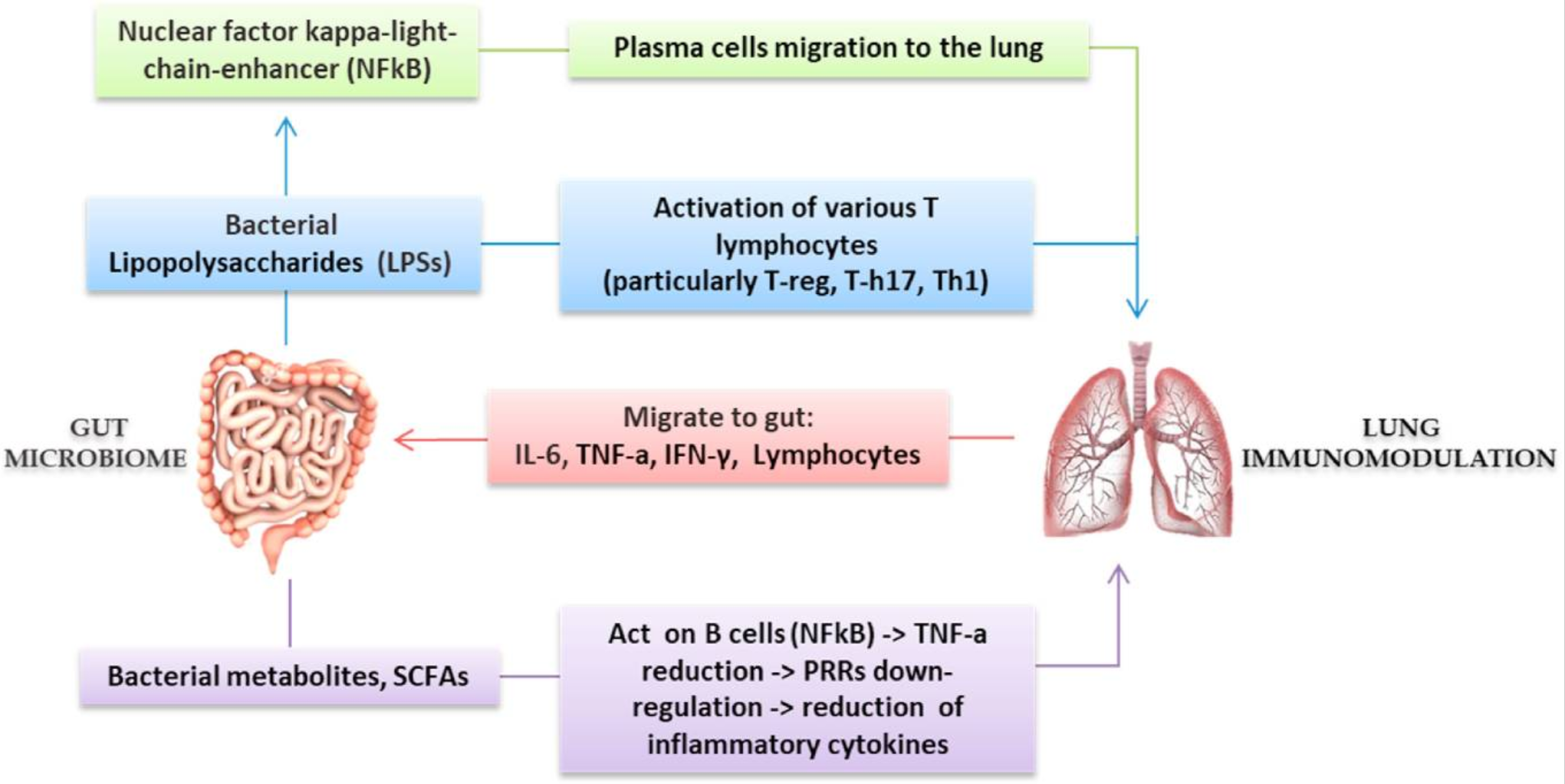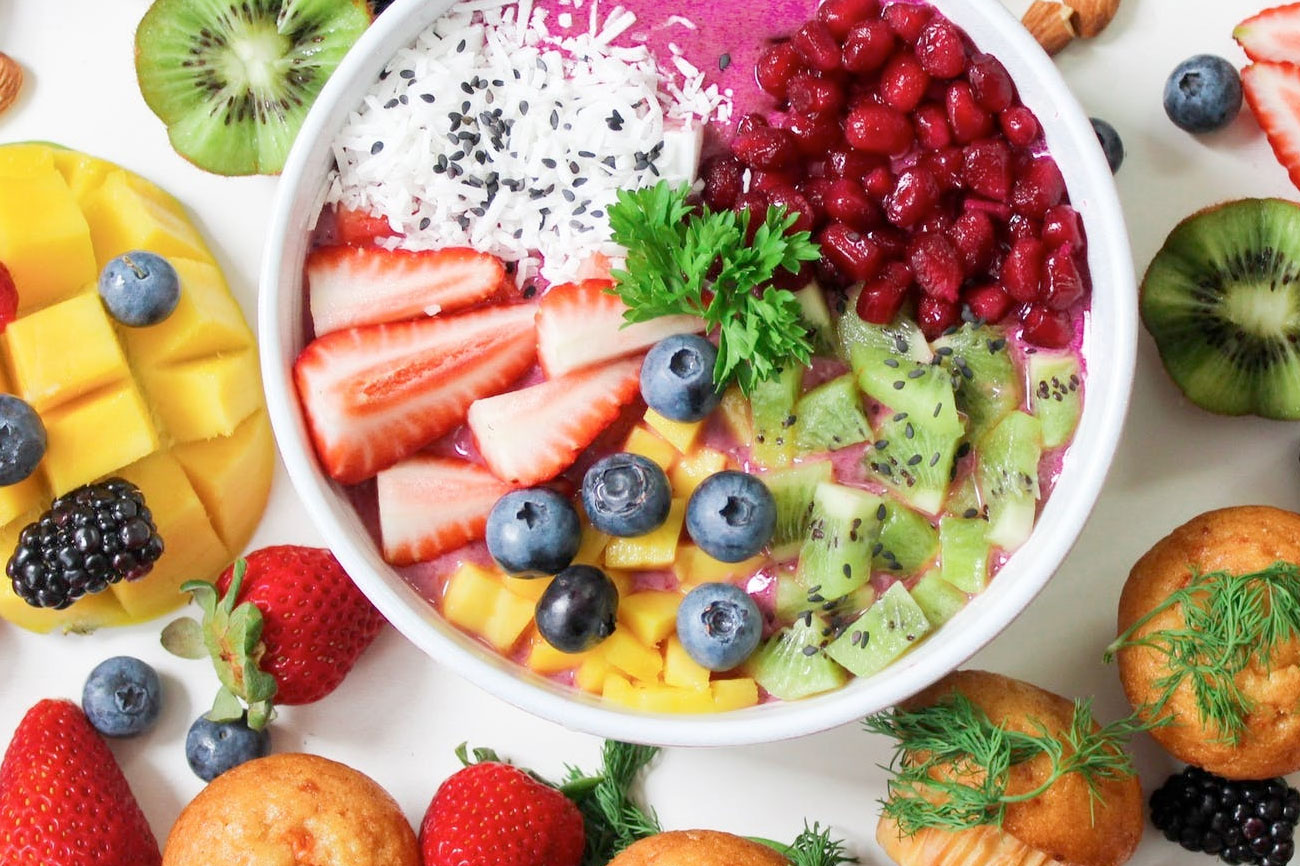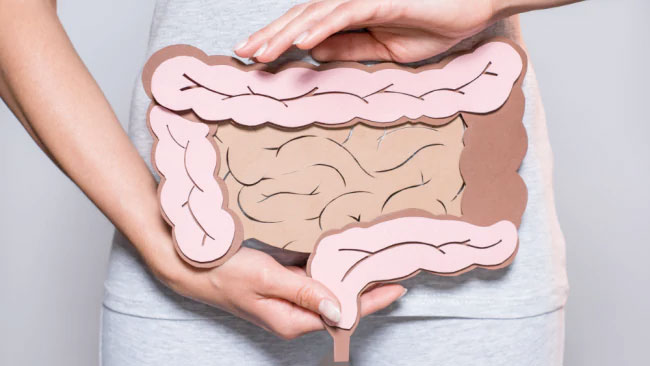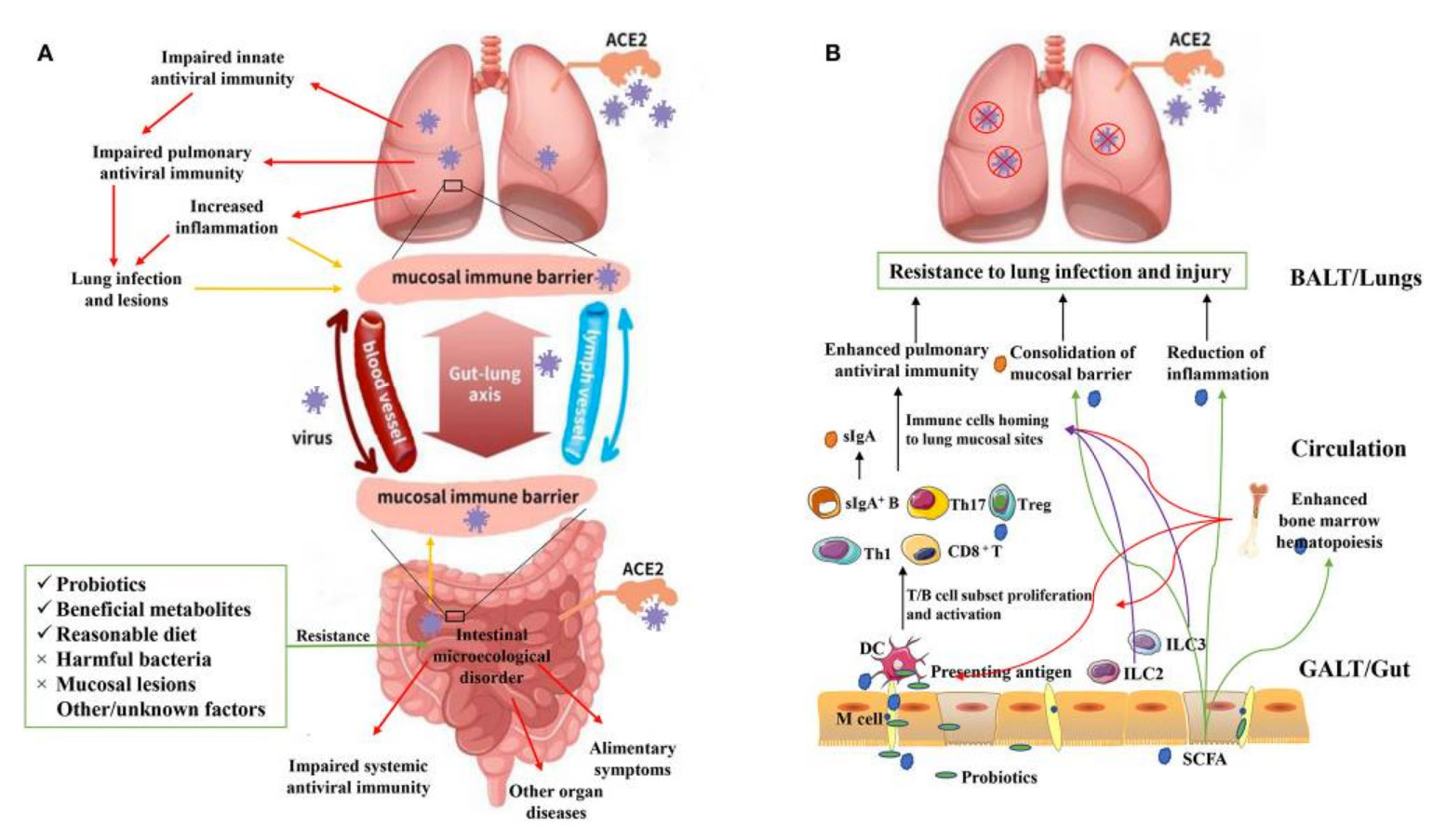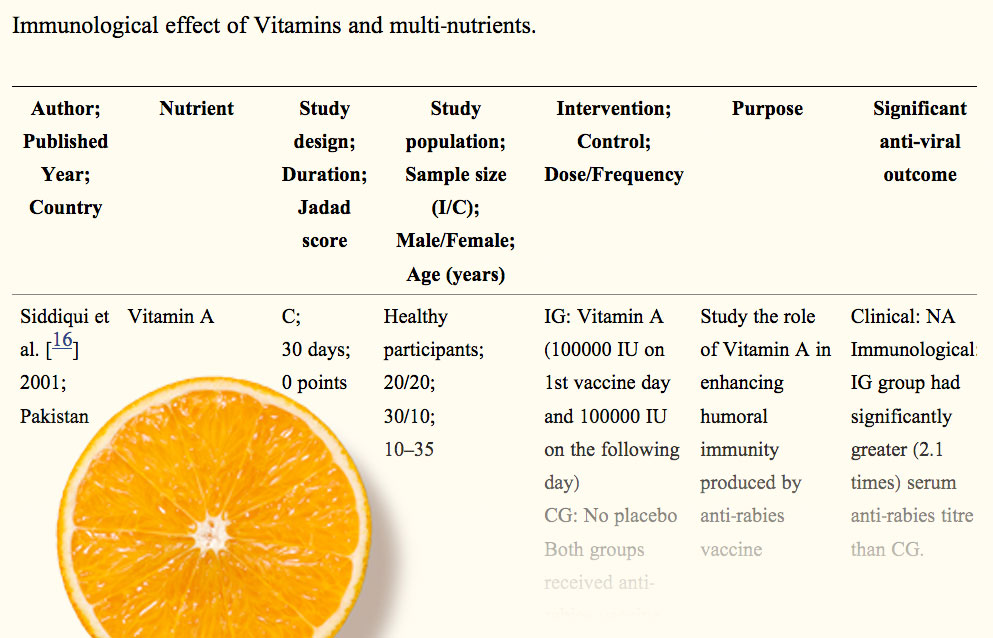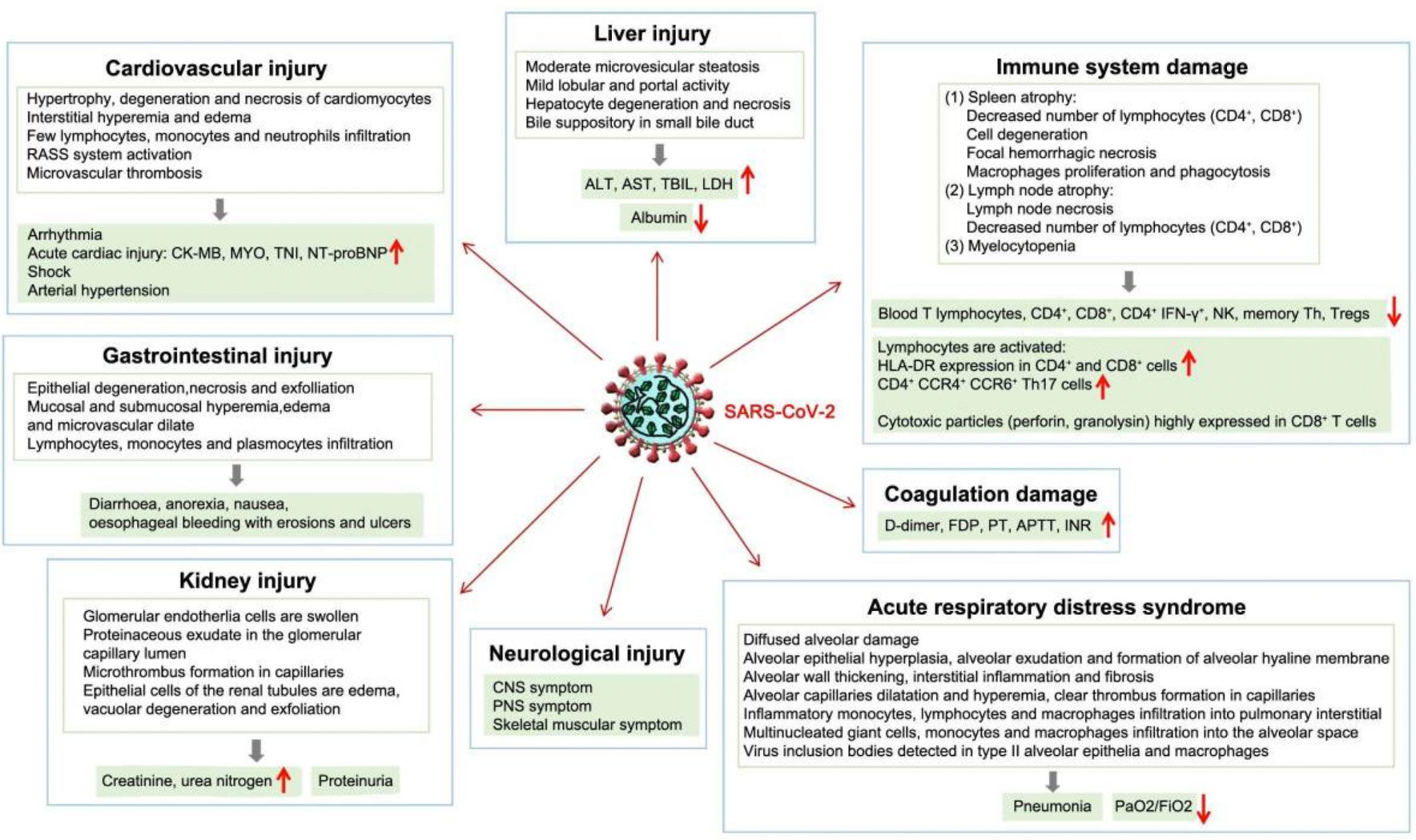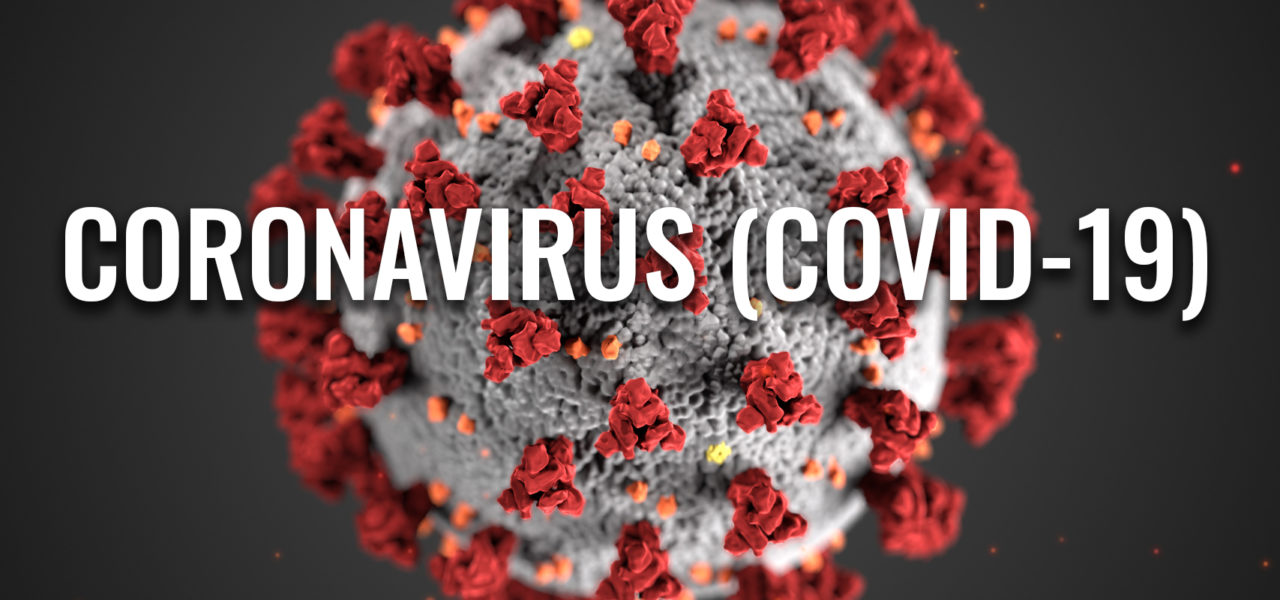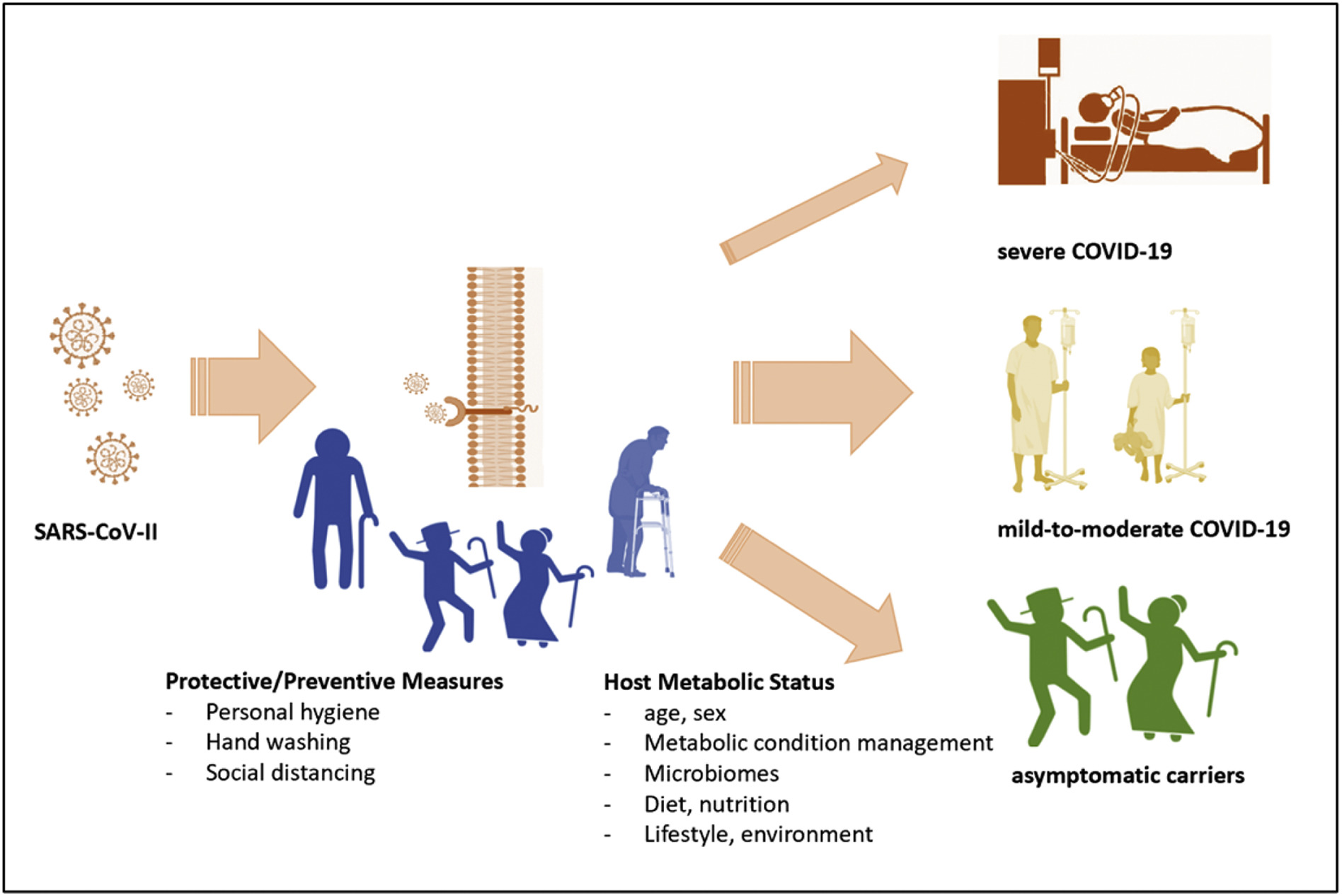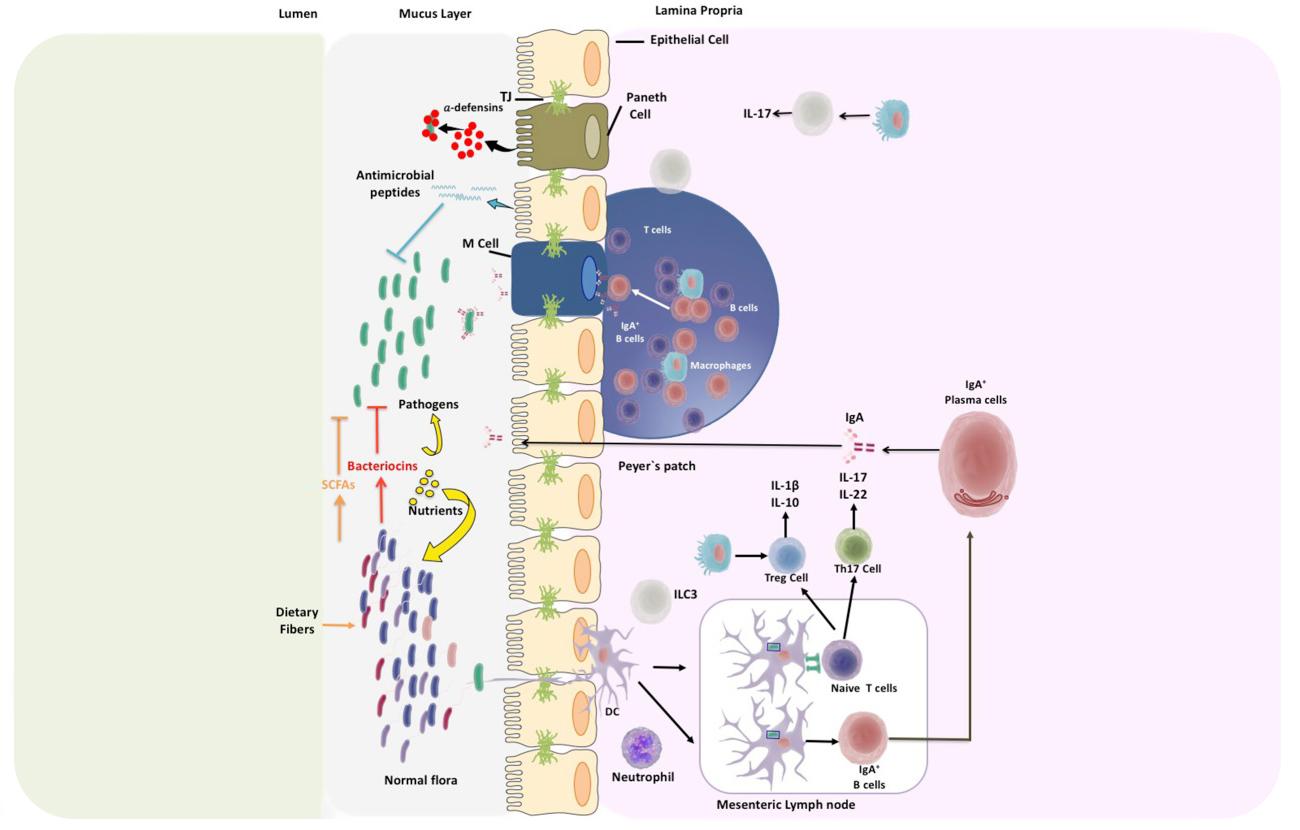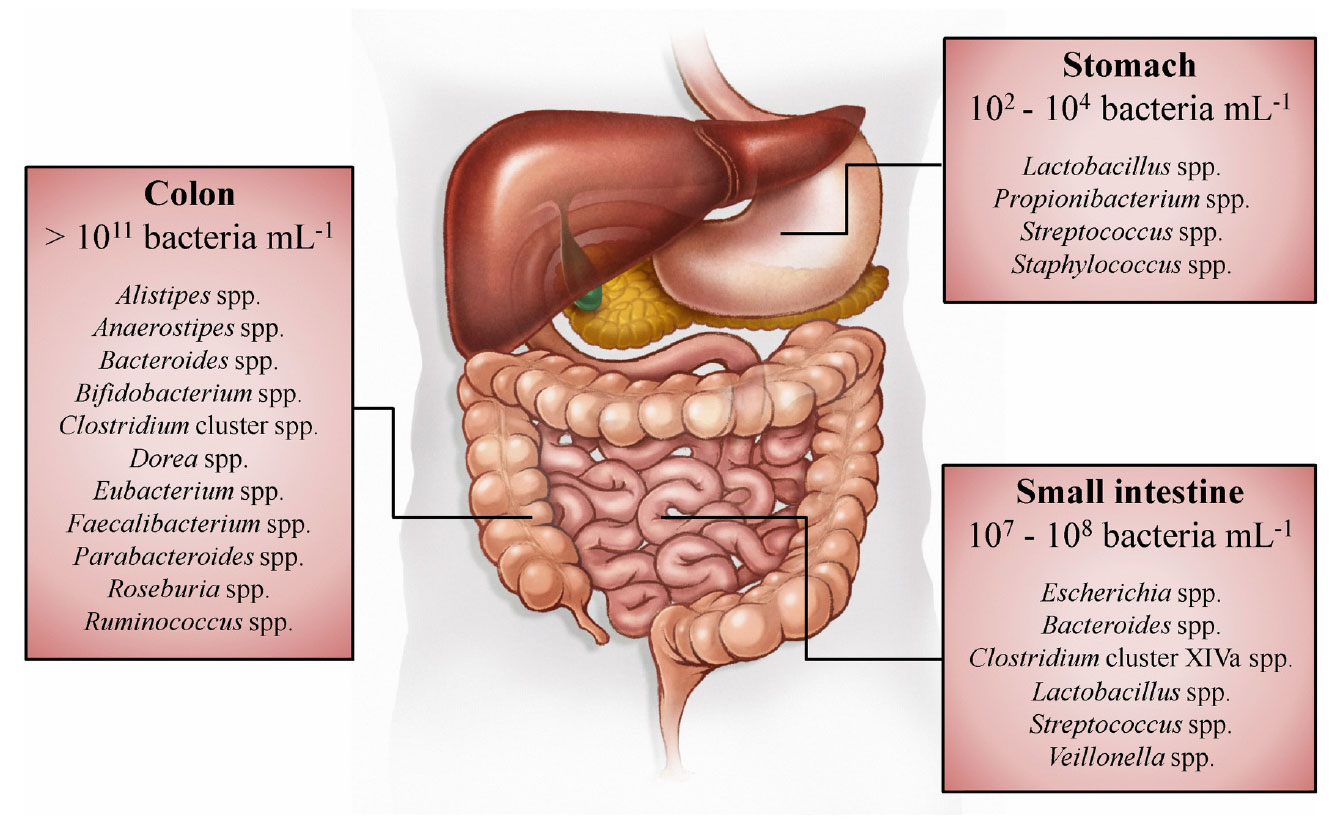Recent Posts
page 2
Authors: Luigi Santacroce Francesco Inchingolo, Skender Topi, Raffaele Del Prete, Michele Di Cosola, Ioannis Alexandros Charitos, and Monica Montagnani
,
January 28, 2021
What should you be eating more of to ensure that you have the tools to fight this and other viruses?
All Woman,
October 15, 2020
7 myths about probiotics, busted. Healthy gut, healthy brain!
It’s more important than ever to look after our gut health to support immunity and overall mental and physical wellbeing.
Fin MacKenzie,
October 15, 2020
Intestinal Flora as a Potential Strategy to Fight SARS-CoV-2 Infection
The human body is colonized by millions of microorganisms named microbiota that interact with our tissues in a cooperative and non-pathogenic manner.
Li-Hong He,
June 09, 2020
Enhancing immunity in viral infections, with special emphasis on COVID-19: A review
Enhancing immunity in viral infections, with special emphasis on COVID-19: A review
Ranil Jayawardena, Piumika Soori,
April 30, 2020
Current status of potential therapeutic candidates for the COVID-19 crisis
Brain Behav Immun,
April 30, 2020
Harry Bronozian,
April 12, 2020
Amin Gasmi,
April 09, 2020
Intestinal Microbiota Influences Non-intestinal Related Autoimmune Diseases
The human body is colonized by millions of microorganisms named microbiota that interact with our tissues in a cooperative and non-pathogenic manner.
Maria C. Opazo,
March 12, 2020
Spatial distribution and concentrations of bacteria along the gastrointestinal tract of humans
Audrey Rivière, Marija Selak, D,
February 27, 2020
Recent Posts
Probiotics: A Comprehensive Approach to Managing Human Diseases, From Oral Health to Cancer and Gastrointestinal Disorders
Probiotics - Protecting Our Health from the Gut
Why do we need dietary fiber?
How Probiotics Can Help Your Yeast Infection
The Most Common Gastrointestinal Diseases
The Microbiome as a Therapy in Pouchitis and Ulcerative Colitis
5 Foods that Fight Fatigue and Fill You with Energy
Importance of Dietary Changes During the Coronavirus Pandemic: How to Upgrade Your Immune Response
Few Secrets to Whiten Your Teeth Naturally Teeth Whitening, Whiten Your Teeth
Dysbiosis in the ICU: Microbiome science coming to the bedside
Categories
Covid-19
Probioitics
all
Archives
February, 2023
July, 2022
April, 2022
February, 2022
August, 2021
March, 2021
February, 2021
January, 2021
October, 2020
more archive dates
archive article list

